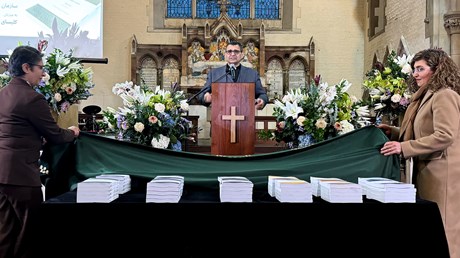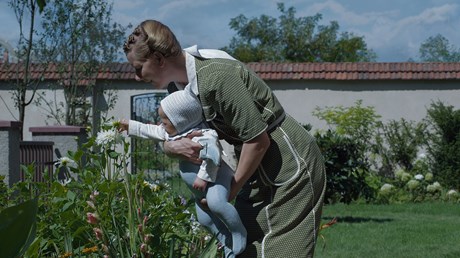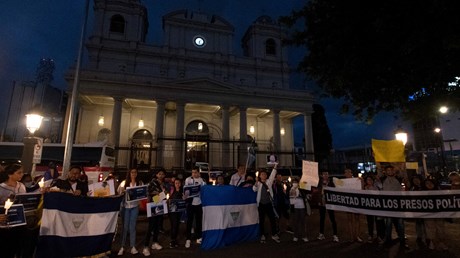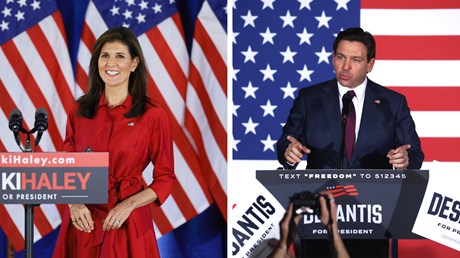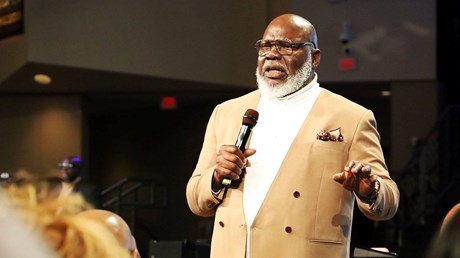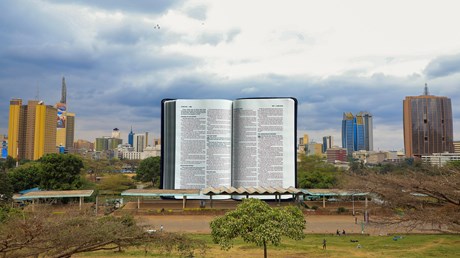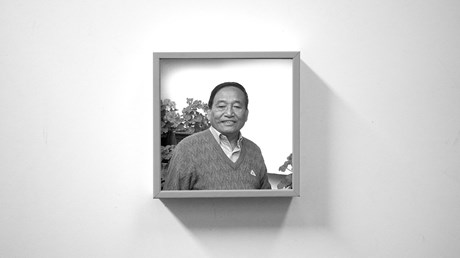Texas lawsuit claims that the minor was a victim of a serial predator as well as student leaders in the campus ministry Chi Alpha.

A church in a Texas college town, a chapter of the campus ministry Chi Alpha, and its sponsoring denomination, the Assemblies of God, are being sued by a father who alleges that the leaders he entrusted to disciple his teenage son instead got him naked in ministry settings and used their positions of authority to sexually abuse him.
The lawsuit, filed Thursday, follows a tumultuous several months for Chi Alpha. Since last spring, a serial predator has gone to jail for child sex abuse, chapter leaders across a half-dozen Texas universities have been dismissed, and the organization’s national director resigned.
The majority of the departing leaders had ties to Daniel Savala, a registered sex offender who groomed and abused Chi Alpha students for decades at his home in Houston. He was indicted last year on child sexual abuse and trafficking charges.
Though Savala wasn’t officially a part of Chi Alpha or the Assemblies of God, the list of leaders who have left reflect the reach of his informal network across Chi Alpha in Texas.
The recent lawsuit alleges that Savala molested a 13-year-old in 2021 and that four Chi Alpha students continued to sexually violate the youth group member through naked and inappropriate games in ministry settings.
The teenage victim attended Mountain Valley Fellowship in College Station. The Assemblies of God church had been led by Eli Stewart, a longtime Chi Alpha leader who launched the chapter at nearby Texas A&M University.
The victim’s father, Stephen Holt, is suing the church and the local Chi Alpha chapter as well as the General Council and North Texas District Council of the Assemblies of God for “malice” and “gross negligence” for failing to warn parents ...
from Christianity Today Magazine https://ift.tt/q7OGtDQ




